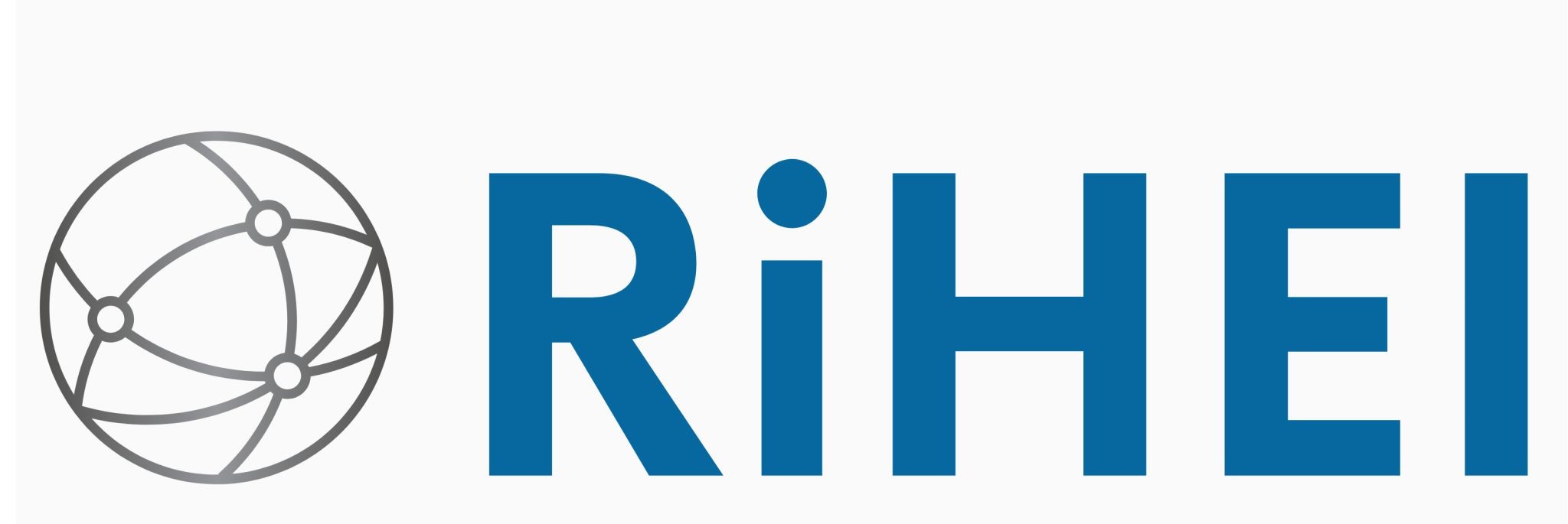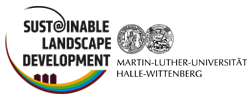We are pleased to announce the publication of the first edition of the RiHEI Project Newsletter, a comprehensive resource offering updates and insights into the ongoing transformation of the higher education landscape in Georgia. This newsletter serves as a platform to connect stakeholders, share progress, and highlight the innovative initiatives that are shaping the future of Georgian higher education.
The RiHEI Project ‘’Responsible and Impactful Universities as Sustainable Growth and Enterprise Catalysts in Georgia’’ aims to reimagine the role of Higher Education Institutions (HEIs) as key drivers of sustainable, socially and environmentally responsible growth. The project seeks to align education, research, and innovation more closely with private sector needs, thereby enhancing youth employability, fostering entrepreneurship, and supporting regional development.
Through a comprehensive and collaborative approach, RiHEI will:
- Strengthen the capabilities of young people and promote STEAM skills,
- Foster responsible innovation through quadruple helix collaboration,
- Encourage public-private impact investment,
- Facilitate youth entrepreneurship,
- Develop synergies through cluster-based ecosystem building,
- Ensure the inclusion of vulnerable communities and support rural and remote areas.
The overarching goal is to establish Georgian HEIs as engaged and transformative institutions that actively contribute to the country’s socio-economic development.
Project Consortium:
The RiHEI Project is coordinated by the University of Lodz (Poland). The consortium brings together a diverse group of esteemed institutions from both Georgia and the European Union:
- Martin Luther University Halle-Wittenberg (Germany)
- TUM International GmbH (TUMint), affiliated with the Technical University of Munich (Germany)
- Kutaisi International University (Georgia)
- Ivane Javakhishvili Tbilisi State University (Georgia)
- Gori State University (Georgia)

We invite you to read the newsletter and follow the progress of the RiHEI Project as it contributes to a more dynamic, inclusive, and forward-looking higher education system in Georgia.


